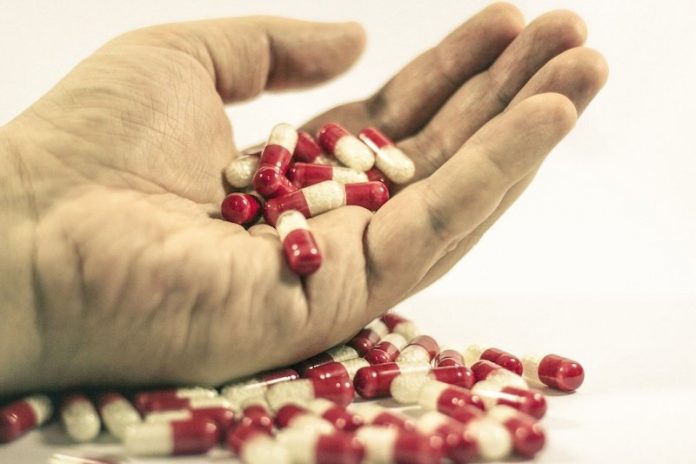
In the worldwide effort to battle SARS-CoV-2, the virus that causes COVID-19, researchers have often turned to medications used as therapies for other conditions in the hopes of finding ones that either kill the coronavirus or lessen the impacts from its infection.
Recent small-sample studies (fewer than 200 patients) have suggested that statins—drugs that lower levels of low-density lipoprotein (LDL), a form of cholesterol linked to heart disease and stroke—also may reduce the chances of severe disease or death from COVID-19.
In a new study from Johns Hopkins Medicine, researchers examined nearly 4,500 patients hospitalized with COVID-19 over a four-month period.
They provided a stronger case for a very different conclusion: Statins likely do not confer any impact—positive or negative—on COVID-related mortality and may be associated with a significantly increased risk—nearly 1 chance in 5—of more serious illness.
In the study, the team reviewed the records of 4,447 patients, ages 18 years or older.
Of these, 594 (13%) were receiving statins at admission. Statin users were mostly men (57%) and older than the non-statin users.
Most of the statin users had hypertension (74%) or diabetes (53%), and were more likely to take medications for lowering blood pressure—along with statins to reduce their LDL cholesterol.
The team found statin use had no strong effect on mortality from COVID-19.
However, they did find that patients hospitalized with COVID-19 and taking statins had an 18% increased risk for having a more severe form of the disease than patients who did not take cholesterol-lowering agents.
The team says that statins increase cellular production of angiotensin-converting enzyme 2 [commonly known as ACE2], the receptor on a cell’s surface through which SARS-CoV-2 gains entry.
Therefore, statins may lower a cell’s resistance to infection and in turn, increase the odds that the patient will have a more severe case of COVID-19.
The team says future studies should attempt to better define the relationship between statin use and COVID-19.
If you care about COVID and your health, please read studies about people with this heart problem 5 times more likely to die in COVID-19 and findings of this common high blood pressure drug may prevent COVID-19 complication.
For more information about COVID, please see recent studies about fatigue, cognitive impairment and mood disorders linked to post-COVID-19 syndrome and results showing that green tea provides new hope to treat COVID-19.
The study is published in PLOS ONE. One author of the study is Petros Karakousis, M.D.
Copyright © 2021 Knowridge Science Report. All rights reserved.



